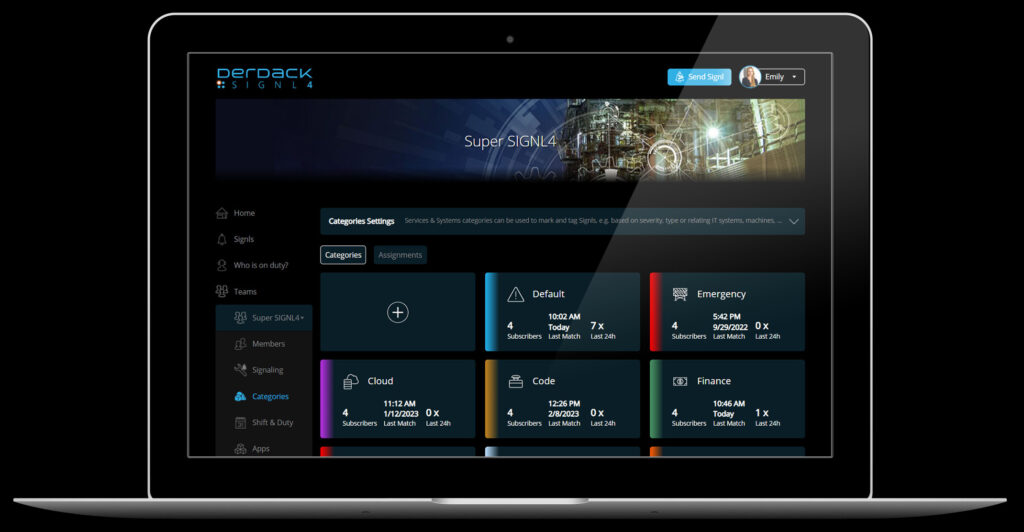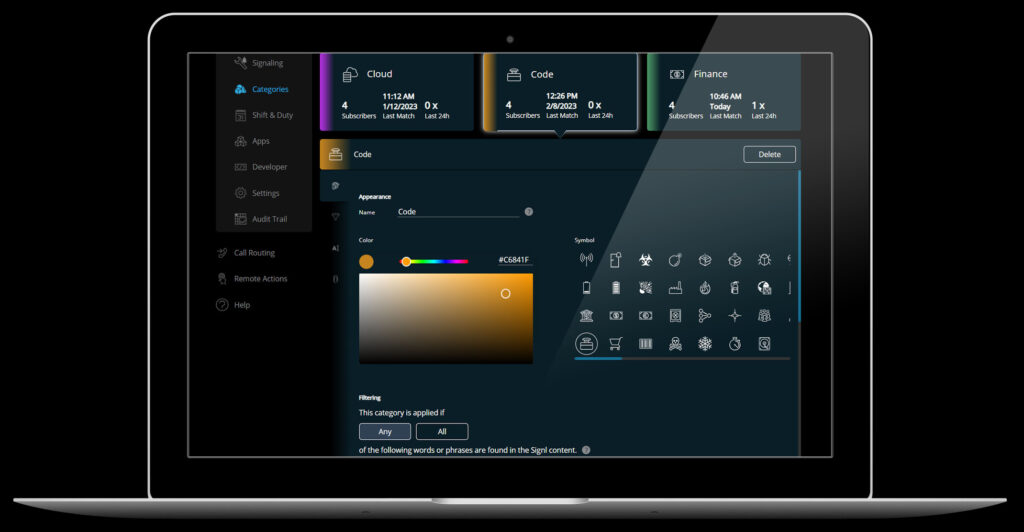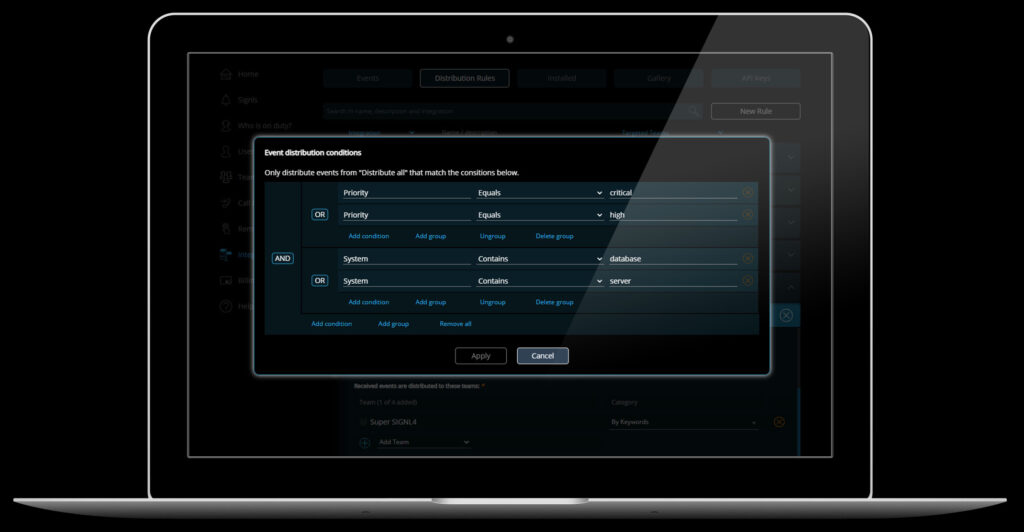Alert fatigue is a serious issue that affects numerous professions, especially in the IT industry. It can lead to neglecting critical events and delaying response times. IT teams need to continuously monitor their systems and applications to avert possible downtime and keep operations running smoothly. However a high number of incoming alerts inundating these teams can make them less responsive. The ramifications of such disregard can severely affect the efficiency and dependability of IT teams. This article will delve into the origins and consequences of alert fatigue and provide practical solutions to solve this issue.
Understanding the Causes of Alert Fatigue
Alert fatigue is also known as alarm fatigue or notification overload. Although the specific terminology may vary slightly, they all refer to the idea that individuals can become overwhelmed by a high volume of notifications or alerts. This results in potentially dangerous delays during critical situations. This phenomenon has several scientific explanations:
Sensory Adaptation: Repeated or constant stimulation desensitizes sensory organs, causing them to become less sensitive over time.
Cognitive Overload: A constant stream of notifications can overwhelm employees and lead to cognitive overload. The brain may fail to respond effectively to each alert.
Habituation: Frequent false alarms can cause employees to become accustomed to them, leading to them ignoring the alarm and taking it less seriously.
Overloaded and Overwhelmed: The Effects of too many Alerts on your Team
Alert fatigue can cause various problems in the enterprise. For instance, in the cybersecurity sector, unheeded alarms can result in severe consequences such as system outages and data breaches.
Overloading your teams: Too many notifications can leave your employees overwhelmed, which can lead to health issues and subsequent sick leave.
Delayed response times: The large number of alerts makes it difficult for staff to respond promptly to critical alerts, resulting in extended downtimes.
Erroneous alerting: It becomes challenging to differentiate crucial alerts from irrelevant ones. IT teams may end up responding to the wrong alerts and missing crucial incidents.
Reduced productivity: Productivity can decrease due to the amount of time spent dealing with unimportant incidents resulting from a large number of alerts.
Increased costs: Prolonged downtime may lead to increased costs and potential loss of customers.
Effective Alert Management: How to Cope with Alert Fatigue
To prevent notification overload, it is important to take various measures such as optimizing alert settings, training employees and using different types of alerts. One effective approach is to reduce the number of incoming alerts by displaying only the relevant ones. This can be achieved by carefully analyzing incidents and system events. Another strategy is to improve the presentation of alerts by making them concise and easy to understand. This will enable better prioritization of alerts. Furthermore, user interface design can also help in identifying priority alerts and increasing awareness. Education and training of employees is also crucial to raise awareness of the impact of critical incidents and effective response to them.
How SIGNL4 can help address this
To combat alert fatigue in the IT industry, using SIGNL4, a smart alerting solution, can be an effective solution that offers a range of benefits.
With its mobile capability, SIGNL4 sends notifications directly to smartphones and tablets through app push, SMS text and voice calls. This is particularly useful for IT teams who work remotely and do not have access to their desktop computers or for staff on call. The user-friendly interface allows teams to escalate or delegate incidents easily and quickly. Moreover, the system offers a centralized dashboard that displays alerts for all users, ensuring that the entire team is informed. Automatic categorization of alerts and detection of duplicates help with rapid incident response.
Effective on-call scheduling helps in reducing response times to critical alerts and ensures that each employee is notified directly when an alarm arrives, without having to wait for manual routing. This helps keep all team members up to date with real-time alerts. To learn more about on-call scheduling, check out this page.
SIGNL4 also has an improved integration management to enable centralized event management with distribution rules. There is team-based management of connector apps in a centralized integration management and the use of global API keys. The central event management exists as an integration hub for integrating SIGNL4 into third-party systems. Integrations can be created and managed under the “Integrations” menu, while the filtering functions help with the distribution of events to the respective teams. You can learn more about it here.
Conclusion
IT staff can become desensitized to alerts if they are inundated with too many, causing critical incidents to be overlooked or ignored. Several factors, such as the quantity of notifications, system complexity, task types, and alert presentation can contribute to this phenomenon. This primarily happens when monitoring systems generate too many alarms for IT teams to manage, and misconfigured systems that produce irrelevant or duplicate alarms can further exacerbate the problem.
To combat alert fatigue, solutions include reducing the number of notifications, optimizing alert settings, providing training to increase employee awareness and utilizing technology designed to mitigate alert fatigue. One such technology is the alerting solution SIGNL4, which prioritizes critical alerts and sends immediate mobile notifications to staff on duty via push, SMS text and voice call.
Learn more about the helpful features of SIGNL4 here and about our mobile app here. You can also read our blog post on how to optimize alerts in SIGNL4 with sound, text, and categories to make assignments easier.






